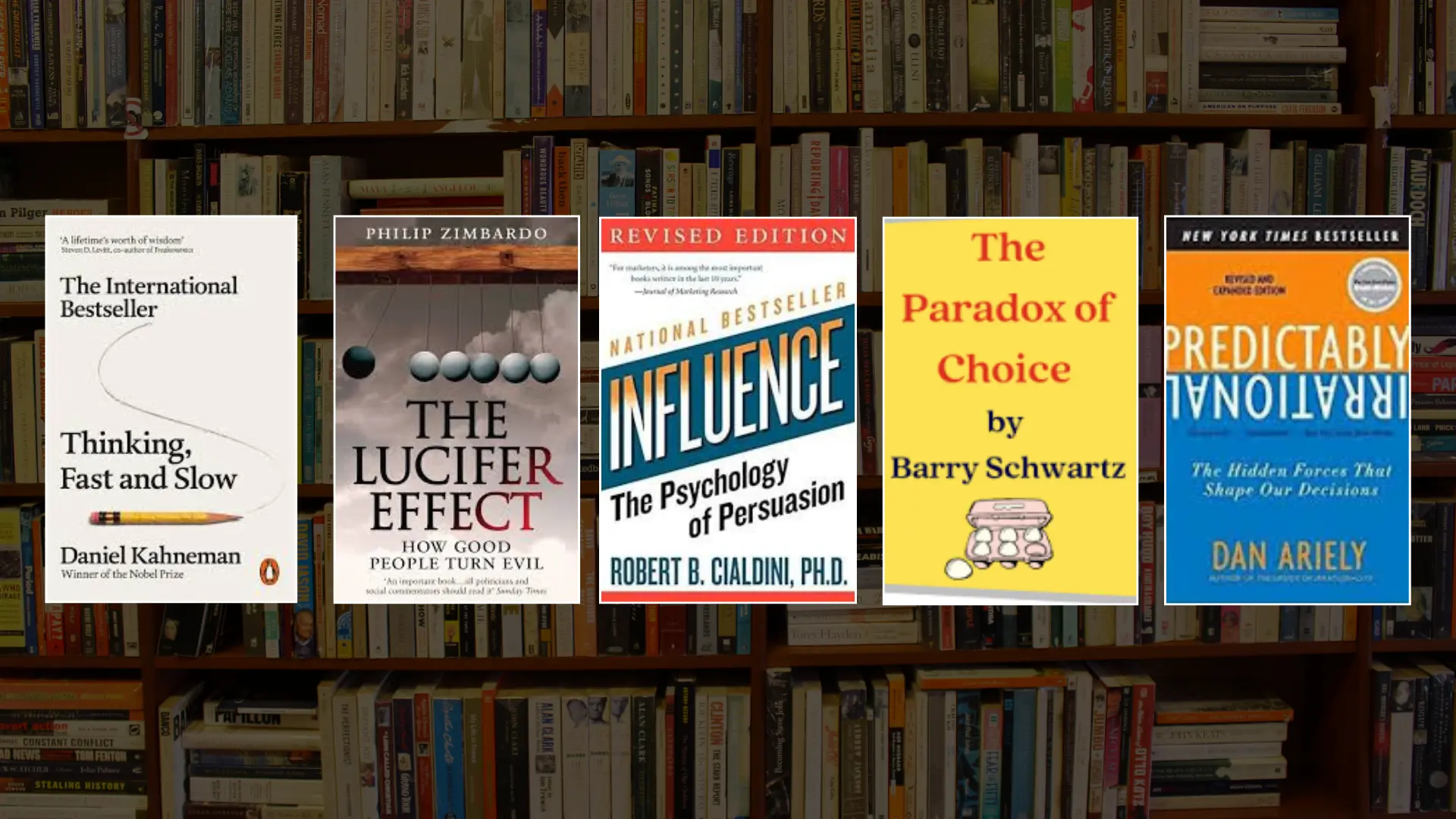From investment banking to jewellery designing, how this woman found her mojo as an entrepreneur
Aditi Amin was an investment banker in the US before she returned to India and started her fashion jewellery startup, By Aditi Amin in 2012.
Aditi Amin was an investment banker in the US and returned to India in 2006.
She soon got married, had children but she says that as an energetic, hands-on person who needed to keep doing something all the time, she felt stuck in rut being a stay-at-home mum.
This search to add more to her routine led her to start jewellery designing. A painter for over 25 years, creativity and the arts interested her. She started by dismantling her old jewellery and making new ones, quite different from those available in the market.
Aditi started to make jewellery for her friends and family and after receiving an overwhelming positive response, she started By Aditi Amin, her line of fashion jewellery in 2012.

Being a creative person Aditi found her jewellery designing to channelise her creative energies.
The startup journey
Aditi had formal education or training in jewellery designing when she began the jewellery startup. Though she received a favourable response for her first few pieces of jewellery from friends and family, her level of confidence in her own business soared when she sent images of her first jewellery line to Kimaya, a chain of designer stores in Mumbai that picked up her entire collection.
Since then, Aditi has showcased her jewellery across India and in London, New York, Dubai and at jewellery shows. She began the business from her home in Ahmedabad by investing Rs 30 lakh from her savings. Aditi now employs close to 35 karigars, has an in-house manufacturing workshop in the city and locally sources all her raw materials.
In 2019, she launched two new lines - a fashion jewellery line, Argento and a fine jewellery line, Uncut. The lines feature necklaces, earrings, bracelets, rings and more.
Aditi faced several challenges to reach where she is today.
“All the challenges one faces are mostly internal. We generally limit ourselves. I was feeling the guilt of leaving my children and doing something,” recounts Aditi.
The entrepreneur was dealing with postpartum depression when she started the business. She reveals that channeling her energies into jewellery making and starting up, along with her family’s support helped cope.
Two years ago, Aditi struck a rough patch. Her lack of formal education in designing felt like a bottleneck and even though business was soaring, Aditi took a year-long sabbatical to pursue a Diploma in Jewellery Designing from Amore Institute, Ahmedabad. It helped her relaunch her brand with two new lines - Argento in May 2019 and later Uncut in September.
Dealing with the pandemic
The global pandemic has definitely affected consumer capability and demand, especially for luxury goods like jewellery. Aditi’s goals and sales targets were hit hard during the lockdown.
She utilised the time to refocus strategies and digitised the business as most shopping trends moved online. Aditi also created a new segment in her Uncut line called Micro Polki, which consists of everyday jewellery under Rs 1 lakh, now available online. The Uncut line features occasion wear jewellery for events like weddings, which are only available through walk-ins at her studio in Ahmedabad and jewellery shows. Her fashion jewellery line Argento is completely online and can be personalised.
“The pandemic has definitely changed the definition of how businesses are run. Right now, I feel someone who is good at adapting and making changes will be a winner,” says Aditi commenting on the present market situations brought on by the pandemic.
In the future, Aditi hopes to channelise her strategies towards brand building and surviving the economic downturn caused by the pandemic.
Edited by Rekha Balakrishnan









